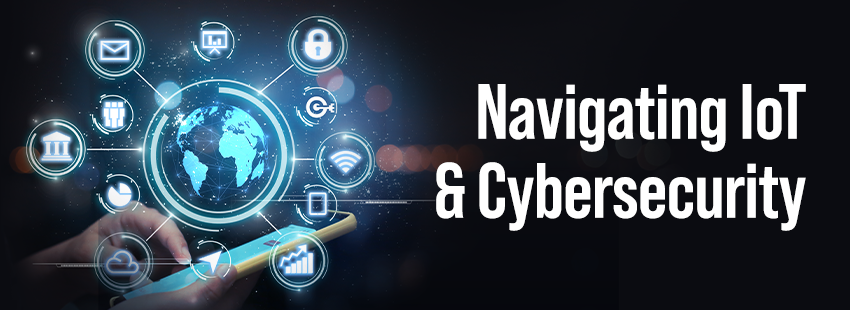Stop making excuses. You really need a password manager.
We have a cybersecurity question.
| 123456 | password | 12345678 | qwerty | 12345 |
| 123456789 | football | 1234 | 1234567 | baseball |
| welcome | 1234567890 | abc123 | 111111 | 1qaz2wsx |
| dragon | master | monkey | letmein | login |
| princess | qwertyuiop | solo | passw0rd | Starwars |
Any of those look familiar? What you’re looking at is SplashData’s list of 2016’s worst passwords, compiled from 5 million leaked emails. Even if you didn’t use these specifically, it’s time to start thinking about how you secure your identity.
You aren’t going to follow the standard protocol for creating amazing passwords.
- Use long passwords with at least 12 characters or more.
- Never re-use the same password.
- Change your passwords regularly.
Why won’t you? Because it’s another task. A difficult one. Especially if you want to conform to the best practice and have a unique password for each of your work and online accounts. Luckily, there are password managers to help you overcome these hurdles. And they’re simple to use, secure, and will make logging into accounts simpler than ever. They can even help with your cyber-compliance needs.
Learn More: Everything You Need to Know About Cybersecurity
How Do Hackers Get Your Password?
In one word: Automation! These days, cracking passwords is simply, brutally automated.
You see, hackers work in a world of hashes. That “123456” password you’ve got is actually the hash “e10adc3949ba59abbe56e057f20f883e.” So, the hacker doesn’t even need to type your password. Rather, s/he can run an algorithm of hash codes that attempts to replicate your actual password. The more common your password, the faster the hacking algorithm will break in.
And these algorithms are fast. Speed of light fast. 350 billion combinations a second fast.
This means that if your password is common and used with all your logins, by the time you finish reading this sentence, a hacker could have access to every piece of data you have online, for every account you have online.
Master Your Passwords
Strings of random characters, numbers and symbols, on the other hand, can take years of computing time to decode. This is where a good password manager comes in.
While password managers are indeed more time-consuming, the effort is minimal for the high-level of security offered. A couple hours of updating your passwords and coding them into your password manager gives you common-sense cybersecurity, putting you on the right path to online safety.
One last word about password managers. If your business is like ours, you have dozens of work-related passwords being used regularly – anything from premium subscriptions, to banking information, online travel services or accounts for purchasing supplies. Do you know who has access to what? And if they leave your firm, can they still use your accounts? What are the implications of that? How can you possibly get ahead of that? The solution is found in corporate password managers.
Now that you’re ready to stop making excuses, you need to decide which password manager to use. (Check out PC Magazine’s “The Best Password Managers of 2017”) Depending on your personal needs, you can shop for free password managers, paid managers with premium features, managers for families and businesses: There are plenty.
At KJ Technology, we lean toward LastPass. LastPass is great because the basic version is free, the setup is easy, and the in-browser support means you don’t have to cut and paste passwords: You simply click for auto-fill – it will even help change your passwords and audit your password strength. LastPass takes very little technical knowhow, giving you the best chance to become the master of your passwords.
Cybersecurity: Above & Beyond
When it comes to securing your team, a good password manager for business is the key to putting your business on the right side of cybersecurity. Talk to us today to discover how you can manage passwords for your company.





